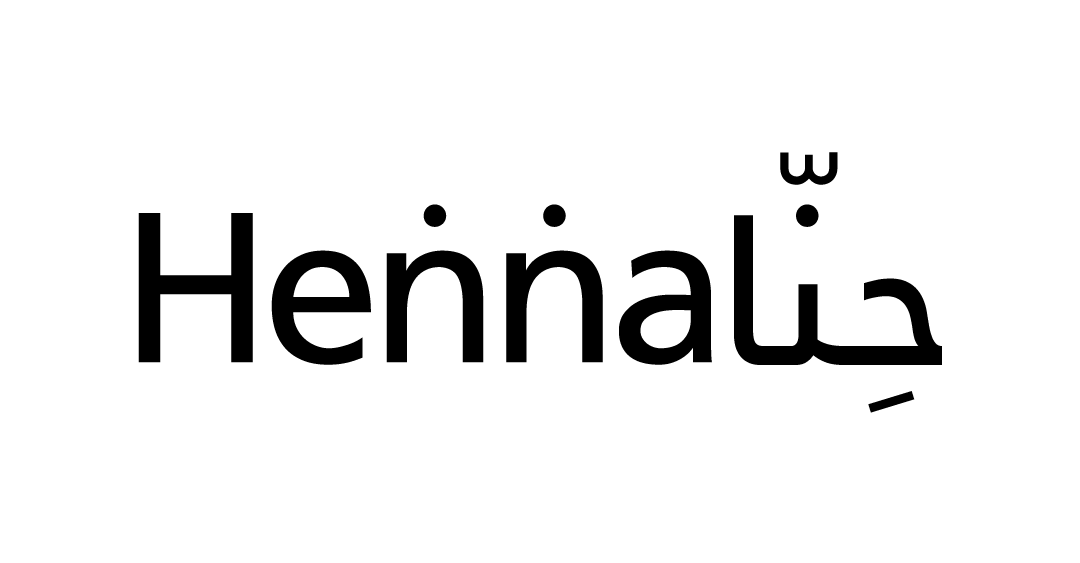
Why did the Canadian Election not Produce Change?
Fadi Shehab
After Trudeau’s call for a snap federal election costing 610 million dollars, the 2021 Canadian elections are over. This election resulted in a renewal of a status-quo that is similar to the 2019 election. Once again, Canadians face a Liberal minority government. Did the 2021 elections capture the aspirations of its voters, or was it more of a cynical spectacle? What was Trudeau’s calculation calling an election?
In trying to understand this, the historicity of the 2021 elections matters. It occurred during a global pandemic, and this can provide qualitative insights. Some may celebrate Canada’s performance managing the pandemic, such as its capacity to deliver vaccines (labelled by some as vaccine imperialism due to hoarding behaviour). The metrics may show relative success compared to Trump’s extreme mishandling of the pandemic, a trauma that haunts public imagination even in Canada. However, the pandemic already revealed profound structural shortcomings regarding Canada’s healthcare realities and political agency.
People in Canada had to tragically face different levels of the threat of a collapsing healthcare system. Ontario’s struggle to manage the third wave and the disastrous failures of Alberta’s health care system due to Jason Kenney’s actions are critical examples of this.
Canada’s healthcare system is dangerously deficient in handling pandemics. This reality check will fuel a critical approach to further assessing the health care system, rather than resorting to counterproductive pride over it.
The reality is painful: Canada’s health care fragility in handling a pandemic is structural and not merely circumstantial. Furthermore, It is also telling that the Canadian government seems to have been the more eager side to reopen the Canada/US border, despite the pandemic being more widespread in the US. Canadian public safety is politicized.
This pandemic setting contextualizes Trudue’s thinking. The Liberal party banked on its performance handling the pandemic resonating well with Canadians, not necessarily in absolute terms since structural failures still exist, but rather in relative terms. Thus, the Liberals position themselves as the safer bet since the more politics shifts to the right of the spectrum, the more prevalent science-denial becomes. This association must have haunted O’Toole’s campaign efforts in regards to broadening their reach during a pandemic.
Yet, Trudeau did not secure a majority even in this setting. This outcome partially had to do with O’Toole’s tactical approach. Stepping away from the vulgar populism of the Trump era, the Conservative party instead chose to adopt a more careful approach in swaying voters with their marketing and propaganda.
O’Toole presented himself as a softer figure of the right, supposedly. The irony here is that this tactic of posturing and performative (yet hollow) compassion is an approach Trudeau is proficient at and has been a feature of the Trudeau brand. Both parties used performativity, propaganda, and theatrics to present themselves as more compassionate than their record display. This tactical approach of the two leading politicians is akin to false marketing, a cynical pragmatism that exploits representative democracy in a predatory manner.
People living in Canada, who continue to be negatively impacted by the policies of both the Conservative and Liberal parties, face the challenge of pointing out the hypocrisy and shortcomings of the Trudeau government without the false equivocation between the Liberal and Conservative parties. To make precise distinctions matters and not to be confused by O’ Toole’s mimicry of Trudeau. It is noteworthy that the far-right invoke “saying it as it is” constantly in their populism.
It is crucial to keep in mind that the Conservatives are even more aggressive than the Liberals in pursuing the interests of the wealthiest Canadians. This margin of difference has material and practical implications. The Conservatives will find even more harmful ways to reinvent austerity. People in Canada face the challenge of holding the liberal party accountable, while the Conservatives are a constant, more significant threat.
Establishing a critical pedagogy without overstating or understating the difference between the liberal and conservative parties requires sophisticated discourses to be raised across many disagreements and lines of struggle across the communities.
In contrast to Trudeau, the Canadian public and journalists did notice how O’ Toole’s platform intentionally skipped over acknowledging systemic racism in Canada. So while many Canadians see Justin Trudeau as someone who postures by talking the talk and not walking the walk, the scope of Erin O’ Toole’s performativity still lacks the appetite of acknowledging systemic racism in Canada. Whatever the gentler face of the right O’ Toole supposedly brings, it reaches its nadir before even sufficiently calling out systemic racism, let alone confront it.
Trudeau consistently promises and fails to deliver, as the world has witnessed with his approach to fracking and breaking promises to First Nations and indigenous communities that voters remember. How are people not to associate Trudeau with the fable of The Boy Who Cried Wolf at this point? Trudeau’s performativity, also perhaps reaching its nadir, demands critical consciousness.
This mediocrity and politics of stagnation are not accidental. It results from trapping people in Canada within a politics of fear, a cycle of stagnation in which Canadians cannot hold the Liberals accountable without legitimate fears of being punished harder by the Conservatives. Sadly, it is effective in placing people in Canada in divisions, fear, and dilemmas.
People in Canada should develop an agency and skill set that protects them from such predatory electoral tactics. Perhaps that will lead to more advanced goals of evolving the mediocrity of this representative democracy into a more impressive and participatory democracy instead. The cycle of forcing Canadians to accept the Liberal status-quo or face Conservatives is a real class challenge. This cycle places people living in Canada in an objective dilemma that requires elevating knowledge production, grassroots organizing, and developing skills and agency against political deception at all levels. Breaking out of this cycle requires radical acts of honesty, and it will be challenging as they are human. We may or may not be ready for this.




